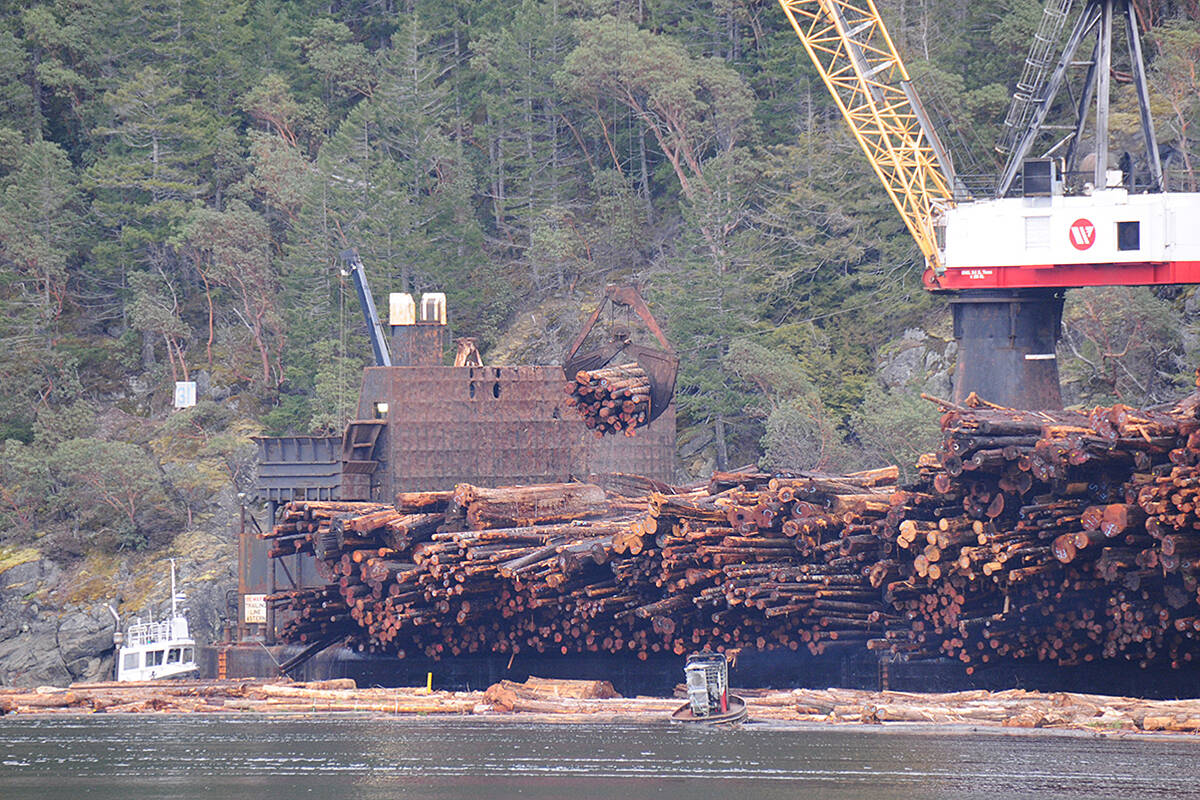The federal Liberal government has yet to respond to a months-old invitation from Tokyo to have Canada rejoin a global environmental organization that regulates the timber trade.
A July 2022 briefing note obtained through an access-to-information request shows that Japan has asked Ottawa to be part of the International Tropical Timber Organization.
The group works with producer and consumer countries to share knowledge about conservation practices and to promote the sale of sustainable timber.
The organization currently includes 37 exporters of timber and 38 countries that import it, including all other G7 states.
Canada was among the signatories to the 1983 treaty that originally created the organization, but Stephen Harper’s Conservative government pulled out of it in 2013.
The same year, Harper’s government also pulled Canada out of the United Nations Convention to Combat Desertification, a move the Trudeau government reversed in 2016.
But Canada has now been absent from the timber organization for nearly a decade, during which the World Wildlife Fund has reported worsening tropical deforestation in parts of southern Africa and Peru, driven by illegal and unsustainable logging.
A briefing note prepared for International Development Minister Harjit Sajjan notes Japan’s invitation to rejoin but doesn’t specify when it was made.
“Sustainable forest products, limiting deforestation and combating illegal logging are priorities for Canada,” reads the July 2022 briefing note, prepared in advance of a call with Japan’s then-state minister of foreign affairs, Takako Suzuki.
The document recommended to Sajjan that if Suzuki made note of Tokyo’s previous invitation, he should respond that Canada “will consider rejoining” but note that Canada’s “re-entry would require a long parliamentary accession process.”
Six months later, Natural Resources Canada says it “continues to actively consider whether to rejoin the treaty” but will not elaborate on that process.
“The government strongly supports global efforts to promote sustainable forest management and halt deforestation,” spokesman Michael MacDonald wrote in an email.
“Canada left the treaty in 2013 in part because it does not have tropical forests,” MacDonald wrote — despite 38 other non-tropical countries being members of the group.
He noted that Canada has signed onto similar agreements, such as the Glasgow Leaders’ Declaration on Forests and Land Use.
MacDonald said Natural Resources Minister Jonathan Wilkinson was not available for an interview.
The Conservatives, Bloc Québécois, NDP and Green Party did not respond to requests for comment before deadline.
—Dylan Robertson, The Canadian Press
RELATED: Mill closures threaten to punch holes in the fabric of rural B.C. towns
REALTED: B.C. government promises to fight possible U.S. softwood lumber duties

